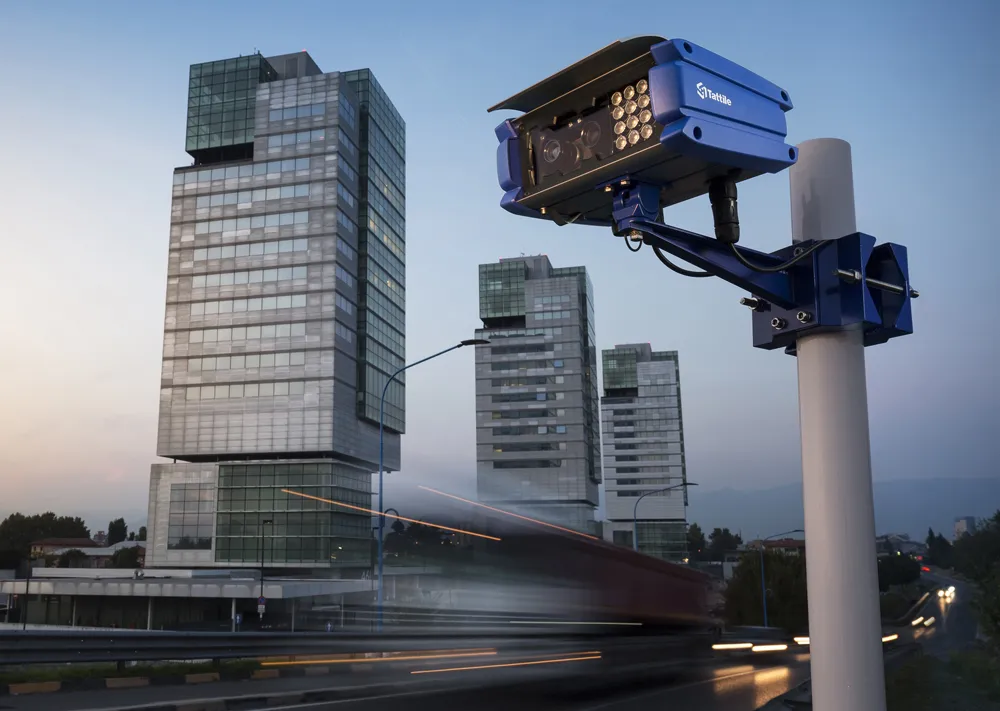Southampton City Council in the UK is introducing CCTV enforcement of bus lanes in key areas of the city using Videalert’s DfT Manufacturer Certified hosted solution. The new fixed bus lane cameras will go live on 20 June 2016.
The Videalert solution has been procured through Balfour Beatty Living Places (BBLP) which has a ten-year contract to manage all highway infrastructure assets on behalf of Southampton City Council.
Videalert’s hosted platform does not require any hardware or software to be i
June 7, 2016
Read time: 2 mins
Southampton City Council in the UK is introducing CCTV enforcement of bus lanes in key areas of the city using 7513 Videalert’s DfT Manufacturer Certified hosted solution. The new fixed bus lane cameras will go live on 20 June 2016.
The Videalert solution has been procured through3902 Balfour Beatty Living Places (BBLP) which has a ten-year contract to manage all highway infrastructure assets on behalf of Southampton City Council.
Videalert’s hosted platform does not require any hardware or software to be installed on customer premises and allows the rapid introduction of unattended traffic enforcement services. Under this contract, Southampton will deploy cameras and processing units at locations where there are high levels of driver non-compliance with bus lanes. Evidence packs will be automatically retrieved via a cellular 3G/4G connection for access and review by trained council operators prior to sending confirmed offences to the back office processing system for the issuance of PCNs. Videalert is providing Southampton with a dedicated virtual server to guarantee the highest level of security and integrity with cloud storage used for backup.
According to Paul Walker, Travel & Transport manager at Southampton City Council, the project will enable the Council to reduce the incidence of vehicles misusing bus lanes. “Automating the enforcement of these contraventions will improve driver compliance, allow our public transport services to achieve faster, more reliable journey times and improve access to services for vulnerable road users,” he said.
The Videalert solution has been procured through
Videalert’s hosted platform does not require any hardware or software to be installed on customer premises and allows the rapid introduction of unattended traffic enforcement services. Under this contract, Southampton will deploy cameras and processing units at locations where there are high levels of driver non-compliance with bus lanes. Evidence packs will be automatically retrieved via a cellular 3G/4G connection for access and review by trained council operators prior to sending confirmed offences to the back office processing system for the issuance of PCNs. Videalert is providing Southampton with a dedicated virtual server to guarantee the highest level of security and integrity with cloud storage used for backup.
According to Paul Walker, Travel & Transport manager at Southampton City Council, the project will enable the Council to reduce the incidence of vehicles misusing bus lanes. “Automating the enforcement of these contraventions will improve driver compliance, allow our public transport services to achieve faster, more reliable journey times and improve access to services for vulnerable road users,” he said.








